Six people killed by police in Myanmar
On the anniversary of the killing of a student by police in 1988, law-enforcement officers in Myanmar have marked the occasion by opening fire on anti-coup protesters, and taking the lives of six people.
In the second-biggest city Mandalay, there was a sit-in protest on Saturday. Police killed three people there.
A fourth person was killed in the central town of Pyay, according to local media.
Witnesses said police “initially stopped the ambulance from reaching the injured people and only allowed it later.”
“By the time they allowed it, one of the injured became critical and he later died,” a protester in Pyay told Reuters.
Local media said two protesters were also killed in police firing in the Tharketa district of Yangon overnight on Friday.
Police opened fire on a crowd that gathered outside the Tharketa police station demanding the release of arrested protesters.
In another side of the country, police and armed soldiers entered a hospital, forcing all 30 patients to leave and evicting staff from on-site housing.
Soldiers have been occupying hospitals and universities across the country over the past weeks, as they try to quash a civil disobedience movement that started with government employees such as doctors and teachers.
The civil disobedience has now expanded into a general strike that has paralyzed many sectors of the economy.
The country has been gripped by turmoil since the military ousted de facto leader Aung San Suu Kyi in a February 1 coup and detained her and several other senior figures from the ruling National League for Democracy (NLD) and took control of the country.
The junta, which has declared a one-year emergency across Myanmar, claimed that it seized power after it found fraud in elections held three months earlier that the NLD had won in a landslide.
Ever since, hundreds of thousands of people have held numerous protests against the coup leader, demanding the release of Suu Kyi and the other detainees.
More than 70 people have so far been killed, the Assistance Association for Political Prisoners advocacy group has said.
Protests on Saturday erupted after posters spread on social media urging people to mark the death anniversary of Phone Maw, who was shot and killed by security forces inside what was then known as the Rangoon Institute of Technology campus in 1988.
His shooting death and that of another student who died a few weeks later sparked widespread protests against the military government.
An estimated 3,000 people were killed when the army crushed the uprising.
Back then, Suu Kyi emerged as a civil leader during the movement and was kept under house arrest for nearly two decades.
She was released in 2008 as the military began democratic reforms.
Her party, however, cultivated close relations with the military from the beginning of its activity and formed an alliance with senior military officers.
She supported the military in a deadly campaign of genocide against the Rohingya Muslim community in the western state of Rakhine.
Suu Kyi also defended military atrocities against the Rohingya people at the United Nations top court in The Hague in December 2019.
VIDEO | 47th anniversary of Islamic Revolution celebrated at Iran's Embassy to Holy See
VIDEO | Sana’a marks February 11 anniversary with mass rally at US embassy site
VIDEO | Iran’s Embassy in Ethiopia celebrates 47th anniversary of Islamic Revolution
Saudi leaders congratulate Iran on 47th anniversary of Islamic Revolution
VIDEO | Iranian embassy in Malaysia celebrates Islamic Revolution anniversary
VIDEO | Press TV's news headlines
VIDEO | Hundreds protest Israeli president's visit in front of Australia's parliament house
Iran officials hail massive rallies marking Islamic Revolution anniversary



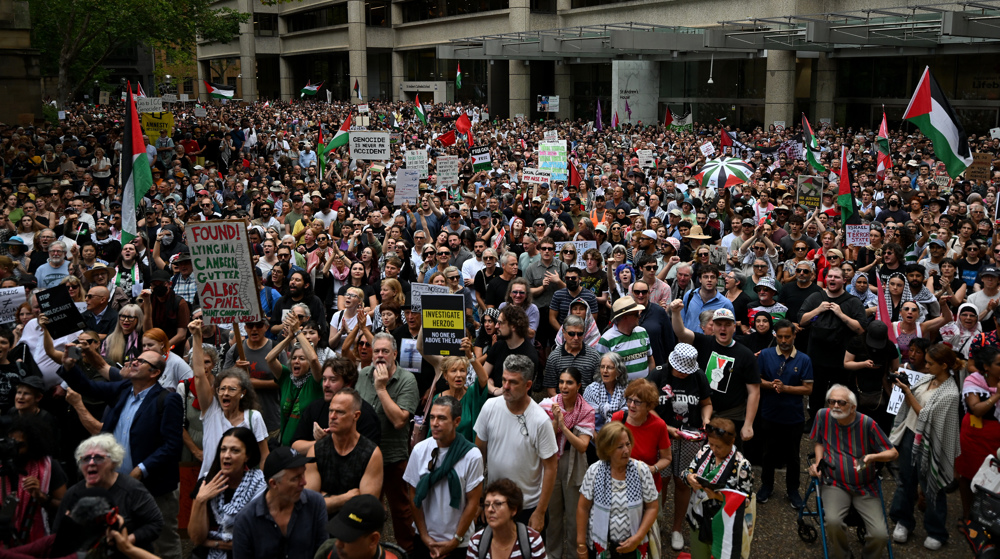
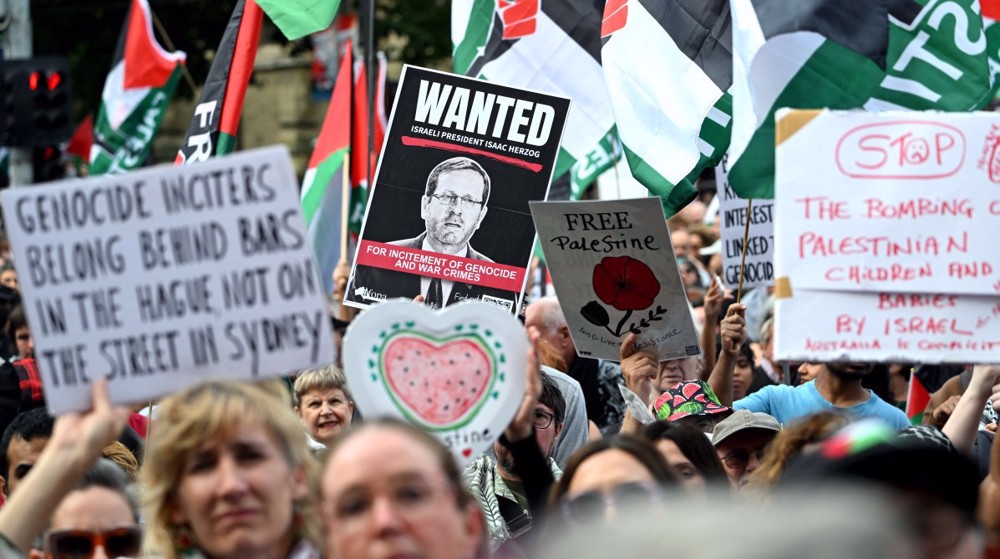
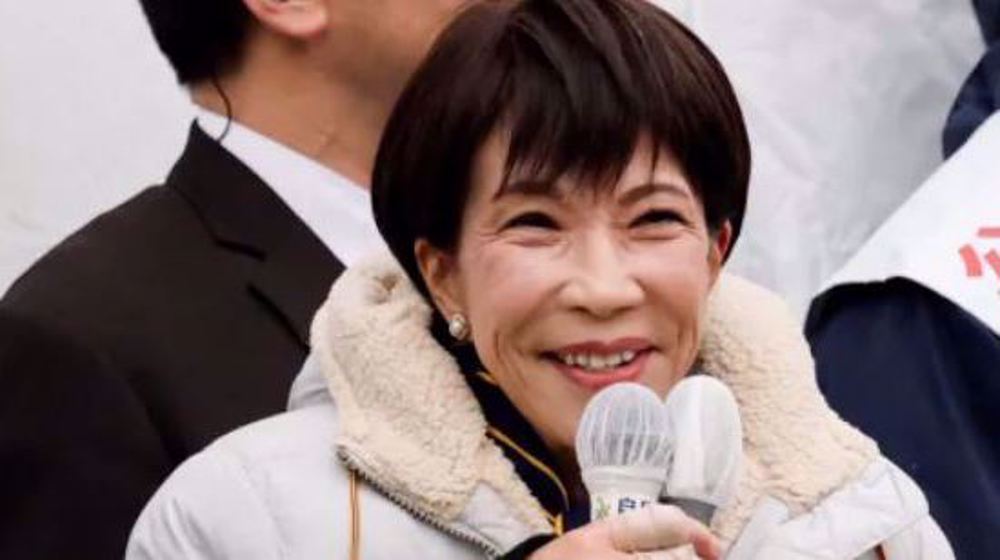




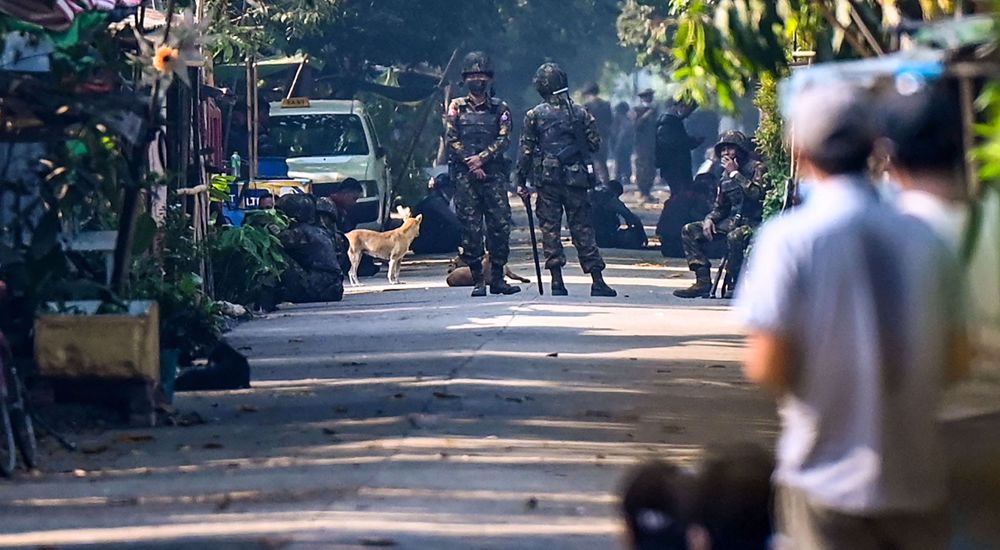
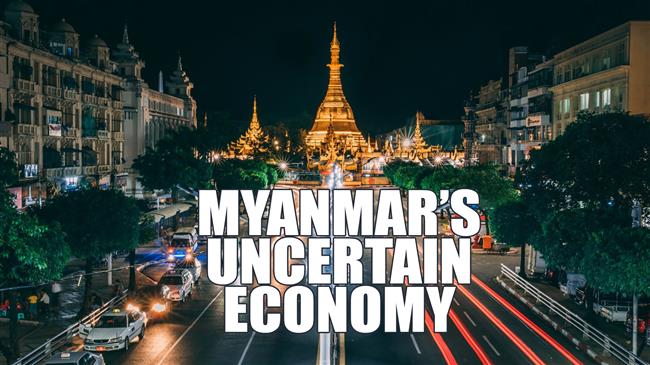

 This makes it easy to access the Press TV website
This makes it easy to access the Press TV website